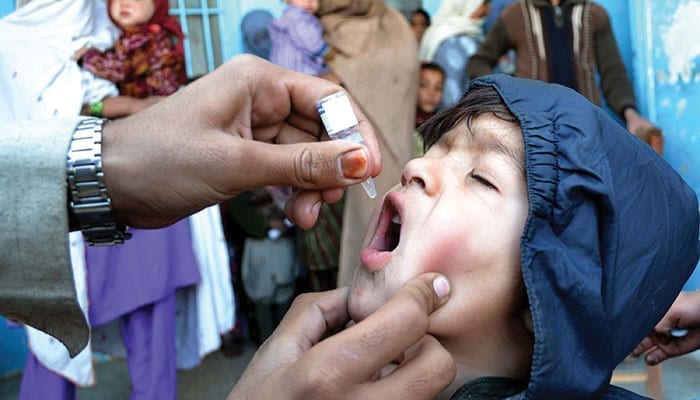Beyond deaths, injuries, and displacements, the ongoing Syrian war is causing growing infectious disease epidemics.
Sima Sharara, from the University of North Carolina, Chapel Hill, USA, and Souha Kanj, from the American University of Beirut Medical Center, Lebanon, briefly describe in PLOS Pathogens the devastating effects of the conflict on the Syrian healthcare system and focus on the increasing number of cases of poliomyelitis, measles, and cutaneous leishmaniasis in the region, which they say is nothing short of a regional, and arguably global, public health emergency.
Vaccination coverage in Syria dropped dramatically in the past few years. In 2013, 36 cases of polio were reported–the first in the country since 1999, caused by a virus likely to have been introduced by Pakistani jihadist fighters. Lack of chlorination to provide safe drinking and washing water has made it easy for the virus to spread both within Syria and its neighboring countries, with an estimated 7,600 Syrians currently infected and one case reported in Iraq.
A second epidemic directly linked to the drop in vaccination coverage is measles, which has swept through Syria and spread to refugee camps and local populations in neighboring Jordan and Lebanon. Immunization campaigns against polio and measles quickly mobilized but are hampered by the ongoing civil war and violence.
Cutaneous leishmaniasis, a disfiguring parasitic disease transmitted by infected sand flies, has been present in Syria for decades, but cases there have increased dramatically in recent years, and the epidemic has spread to neighboring countries. Sand flies, not previously found in Lebanon, have apparently now been introduced by refugees from Syria, and there is concern that they will become established there and continue to threaten the refugee and local populations.
Listing typhoid fever, hepatitis A, meningitis, scabies, and lice as also affecting the vulnerable population in the region, the authors say the international community has fallen short in its response to the crisis so far and call for a coordinated and exhaustive global response.
Read more at PLOS Pathogens: War and Infectious Diseases: Challenges of the Syrian Civil War.



